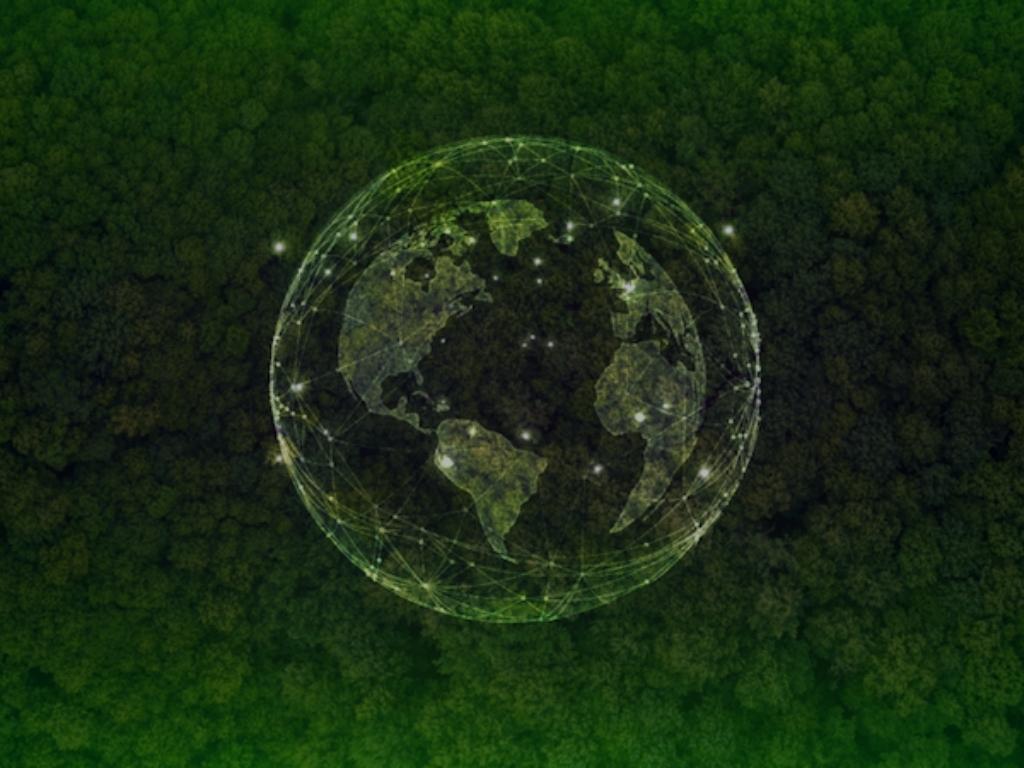What did we learn on #EarthDay?
- Ha = Air. Life-giving breath. The air that connects us. The air that we share.
- Wai = Water that gives us life. Without water or air, we cannot live.
- i = Spiritual essence of all things. What makes us, us. To honor our relationships.
PLANET
Starting from the resources at our disposal: To revalorize and preserve natural resources means not only respecting our Planet. We need to reconnect to it and regenerating it also through the production of food. Food security passes through natural resources, such as water, and keywords such as efficiency, savings, knowledge and transition. “We are asking nature to do more but we should be asking ourselves ‘what more can we do with what Nature already produces?'” – Gunter Pauli
Farmers, the guardians of the land: We tend to forget about those who really matter. We will have to start considering farmers as real guardians of the land and increase their role within the value chain. “If today we recognize the value of doctors’ work, we’ll soon want to embrace our farmers” – Kakoli Gosh
The circularity of life and responsibility for waste: Wasting food is a choice. It is one of the worst acts of irreverence towards our Planet. We should ask ourselves why we accept the cycles of overproduction and overconsumption that we have created. “Wasting food accelerates climate change and biodiversity loss, which in turn promote pandemics and threaten global food security” – Steven Finn
Cooks and the food experience: Food is medicine and care. Food is identity and culture. Awareness and change of habits inevitably pass through our kitchens. “We are learning to increase the reach of social gastronomy to serve with dignity and empathy.” – David Hertz
Feeding the Body and Nourishing the Planet with Diets: We often forget how diets can help to add resilience to food systems that can benefit both human and Planetary health. It is our responsibility to create, through education, a new generation of more responsible and conscientious eaters. “Our kitchen tables are becoming the new classrooms. We’re teaching, talking, communicating, and really creating what I think is not only a wave of awareness but the practical application for what can change.” – Stephen Ritz
Peace and food security, two sides of the same coin: There can be no peace without food security just as there can be no food security without peace. Strengthening humanitarian diplomacy goes through food diplomacy, nutrition, food security, and global cooperation. “The Covid19 pandemic started as a health crisis but can easily become a food security crisis worldwide.” – Marcela Villarreal
The importance of our “core value”: Innovation, when it is not supported by solid values, becomes empty and self-centered. The Covid-19 pandemic is bringing out the importance of values such as reciprocity, listening, solidarity, empathy, and collaborative leadership. “There is a paradigm shift in which values created by the ability to connect different actors in the world of innovation form the supply and demand. – Valerio Nannini
Developing systemic thinking is the new mindset: Everything on Earth is closely interconnected. To really solve global challenges we must learn to develop a holistic approach. An approach that can sacrifice, when necessary, the interests of individuals to favor that of the community and consider those of plants, animals, and their shared environment. One Planet – One Welfare – One Health and that for the food supply chain is able to embrace a systemic vision of food.
Promote the Caring Economy: Learning to unlearn is as necessary as being able to learn to thrive together. To do this we must stop, recover, and start again from a new economy. One that emphasizes the necessity to care for one another. “We live the economy of care with acts of generosity, giving and acting so that care becomes a currency in the economic equation” – Elsie Maio

